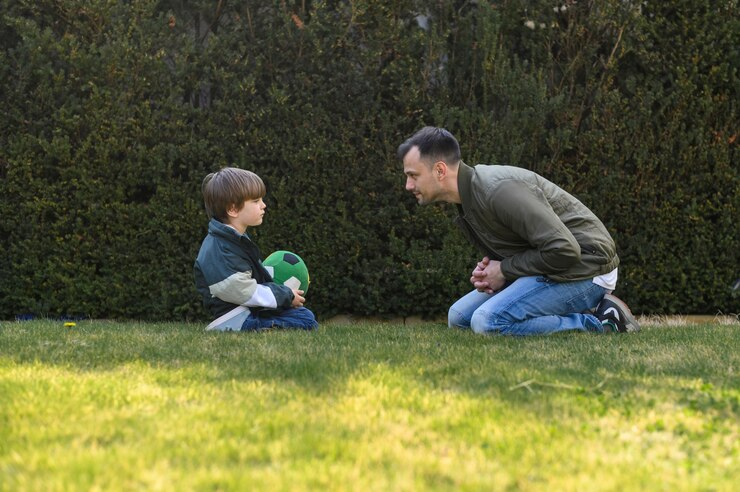10 Signs of High Sensitivity in Children

Does your child feels everything more intensely than other kids?
If this sounds like your child, you’re not alone.
Kids who are highly sensitive experience everything more deeply.
This trait, sensory processing sensitivity, is present in 15-20% of children.
If this sounds like your child, they likely have bigger feelings than other children, which can cause power struggles and meltdowns.
How do you know if your child is highly sensitive? Here is a checklist with 10 common signs a child might be highly sensitive.
1.) Strong Reactions to Sensory Stimuli
Does your child struggle with loud noises, bright lights, or scratchy fabrics more than other kids?
2.) Deep Emotional Responses
Does your child cry more easily or feel big emotions like sadness, anger, or joy more intensely than other kids?
3.) Overwhelm in Crowds or Busy Places
Does your child gets anxious or overstimulated in crowded areas like malls or parties?
4.) Takes Criticism Deeply
Does your child get deeply affected by a simple correction or criticism?
5.) Empathy for Others
Does your child often pick up on other people's emotions and feel them deeply?
6.) Struggles with Change
Does your child struggle with new situations or transitions, like starting a new school?
7.) Needs Alone Time to Recharge
Does your child need quiet time alone to decompress and feel calm after a busy day?
8.) Notice Small Details
Does your child often pick up little things others might miss, like a slight change in your mood or a small decoration in a room?
9.) Perfectionism
Does your child have high standards for themselves and others, and get frustrated if things don’t go perfectly?
10.) Intense Focus
Does your child have a tendency to get fully absorbed and focus deeply on a task or subject?
Do any of these sound like your child? Do all of them sound like your child?
High sensitivity is a strength.
But it can also cause challenges, especially when children need more support, or they don’t yet have the skills they need to navigate challenges.
If your child is struggling right now, I’d love to help your family create more peace and harmony.
You can schedule a call with me using the scheduling link above, and I can help with specific advice for your child and your family.












